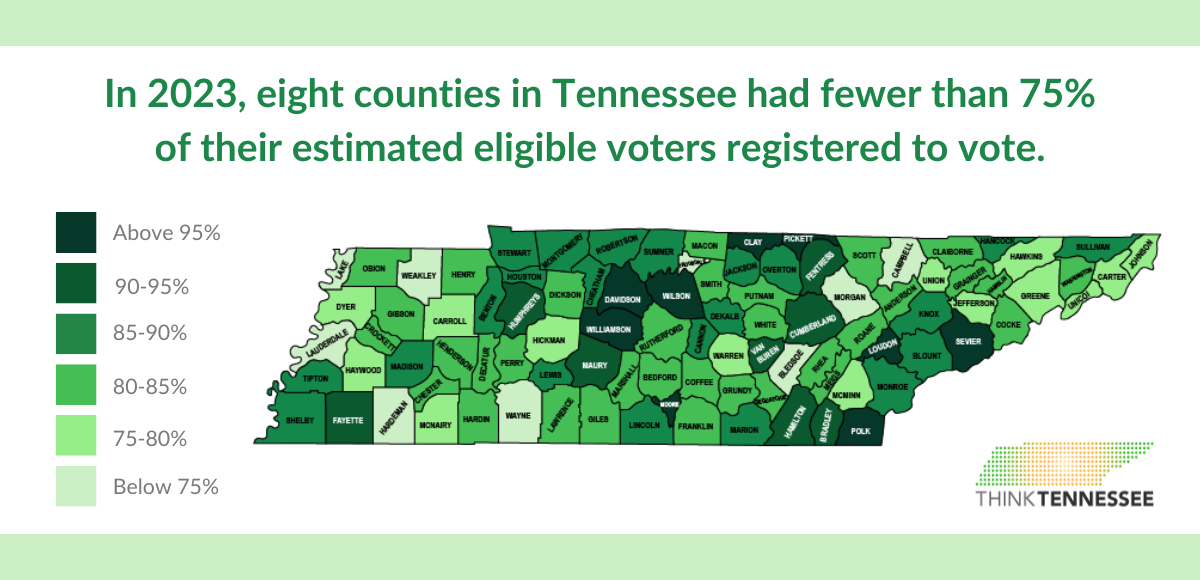
Think tank’s research analyzes energy production, consumption, affordability, and reliability in Tennessee
NASHVILLE – A new report, Powering Up: Tennesseans Could Benefit from Energy that is More Affordable, Reliable, and Clean, released today by ThinkTennessee finds that energy efficiency programs, updated building standards, and increased investment in grid modernization and clean energy are promising strategies to decrease Tennesseans’ energy cost burdens, increase overall energy reliability, and support our state’s growing economy.
Using data from the U.S. Energy Information Administration, among other sources, the report analyzes Tennessee’s energy industry across multiple dimensions, including consumption, production, and cost, providing comparisons by sector, geography, and over time. The analysis also includes detail on the impact of energy inefficiency and unreliability on Tennessee consumers, particularly those who have low incomes, and explores strategies that could improve Tennessee’s energy affordability, reliability measures, and clean energy generation.
“The way we produce and consume energy is a vitally important issue for every Tennessean,” said ThinkTennessee President Erin Hafkenschiel. “All of us care about how much we are paying for our monthly energy bill, need the heat to turn on during a bitterly cold day, and want our kids breathing clean air. Our new report provides both a clear understanding of where we are today, including the challenges facing the most vulnerable Tennesseans, and demonstrates how robust energy efficiency programs, updated building codes, a modernized state transmission grid, and greater investment in renewable energy sources can create cleaner, more reliable, and more affordable energy for residents.”
Key Findings
- Lack of Affordability: The average price for electricity in Tennessee is among the lowest in the nation (ranking 9th), however the state ranks 47th in monthly residential electricity consumption and has the 29th highest monthly electricity bills. In 64 counties, low-income households pay 30% or more of their income on energy bills.
- Need for More Energy Efficiency Programs: Tennessee’s high energy bills are, in part, due to lagging energy building standards and enforcement and a lack of energy efficiency programs; Tennessee ranks 45th nationally in savings from energy efficiency programs.
- Low Energy Reliability: Tennessee ranks 46th in average duration of power interruptions, 50th in average frequency of power interruptions, and 42nd in average time to restore power per customer.
- Tennessee Consumes More Energy than it Produces: Tennessee is one of 40 states that consumes more energy than it produces, but it ranks 35th in the consumption-production ratio.
- Main Energy Sources: Nuclear energy is now the primary source of electricity in the state (49%). Together with coal (20%) and natural gas (19%), these three sources account for 88% of Tennessee’s energy consumption.
- Opportunities for More Clean Energy: Renewable energy currently represents only 5.4% of the state’s energy consumption, placing Tennessee 40th in the nation. Most of the state’s renewable energy is hydroelectric (86%). When nuclear energy is included, 23% of consumption comes from clean energy.




